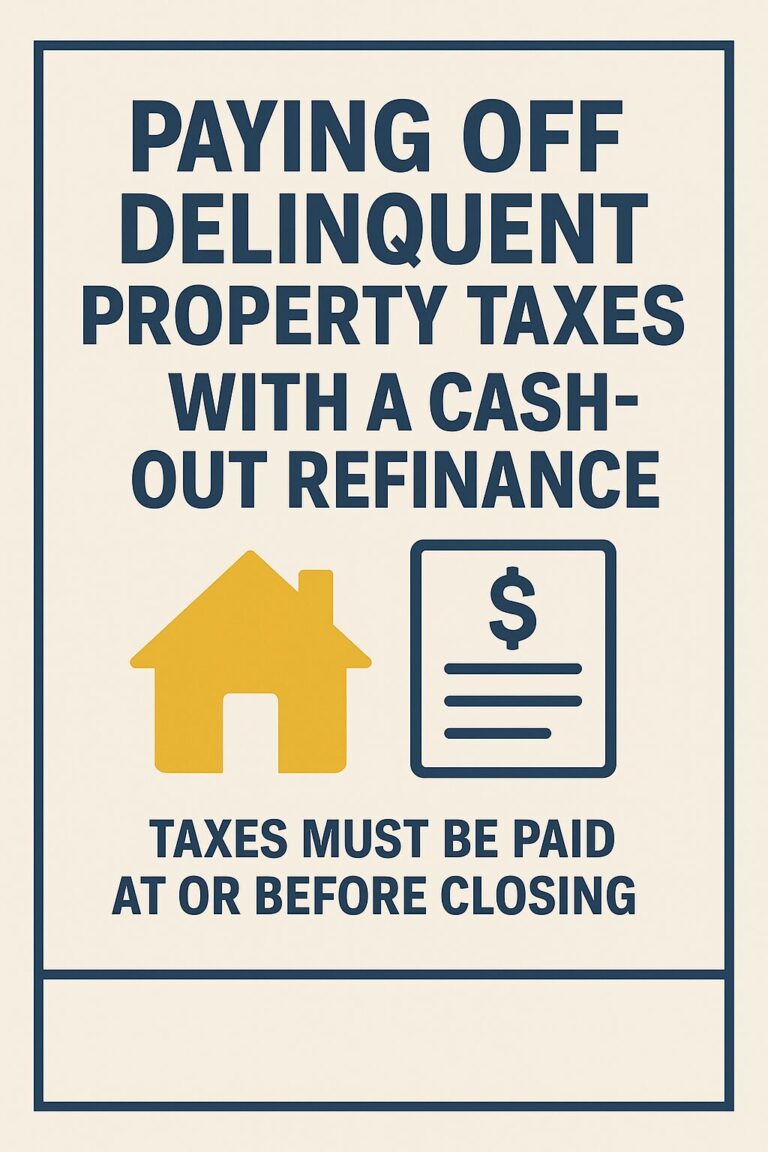Are you looking to purchase a home? Are you self-employed? The rules to make this happen just got easier. Freddie Mac has recently announced upcoming changes on how vendors can use your income to qualify you for a home.
If you are a self-employed borrower, lenders will be looking at your loan application with a finer tooth comb then they would if you were a W-2 wage earner. What this means is that your loan is considered a higher risk to the investor. As a result, if you are self-employed, that take into consideration an average of your income over the last 24 months (2 years) in order to calculate your monthly earnings. In some circumstances, one year of income tax returns will be permitted to qualify for financing. When your lender uses 24 months of income tax returns, that can be a challenge for a self-employed individual because on year might have been great but the year before may have been less so. Taking the average of a good year and a bad year will severely cut your buying power.
For example, let’s say that your 2015 tax returns were very strong but your 2014 tax returns were very low. The average of those two years income would lower your monthly income, even if your current income is higher. Even if your business has significantly improved since then, the average of those two years would determine your qualifying ability.
What is the change that has recently been announced?
Freddie Mac is a little more flexible for self-employed borrowers than Fannie Mae because their methods for interpreting self-employed individuals has changed. If a self-employed borrower has been in business for at least five years, you can use one year of your most recent federal income tax returns in order to qualify. This change allows your lender to use your most recent tax return and only average your earnings over a 12 month (1 year) period. The benefit of this is that if the previous year’s income was a lot lower than usual, that “bad year” will not hurt your chances of qualifying as much as it would have before this change.
If a self-employed borrower has been in business for less than five years, they will still need to show the two years of income tax returns and the standard 24 month averaging would commence. In such an instance, a sole proprietor or schedule C borrower will need to show two positive years in order to offset the bad year, potentially creating a larger tax liability.
The benefit here is that using one year of income tax returns in order to qualify for financing is a radically simplified way for a self-employed individual to successfully procure mortgage financing. Where before there were more obstacles for a self-employed borrower, now there are fewer hoops for many of you to jump through. This is a game changer for any self-employed borrower in business for five or more years who has yet to file their 2016 income tax returns and are looking to get a mortgage. Speak to a licensed loan professional to get more information.
Looking to get a mortgage? Begin with a free quote now.
Share:
RELATED MORTGAGE ADVICE FROM SCOTT SHELDON
Why Lenders Request the Same Documents More Than Once
If you’ve ever applied for a mortgage, you’ve probably wondered why lenders sometimes ask for…
VA Loans and the Clear Pest Report Requirement: What Buyers Need to Know
If you’re a homebuyer using a VA loan to finance your property, there’s a unique…
View More from The Mortgage Files:
begin your mortgage journey with sonoma county mortgages
Let us make your mortgage experience easy. Trust our expertise to get you your best mortgage rate. Click below to start turning your home dreams into reality today!



